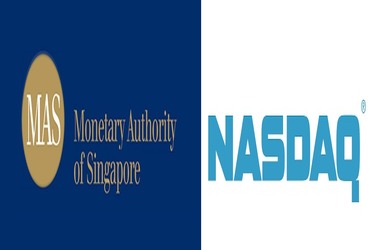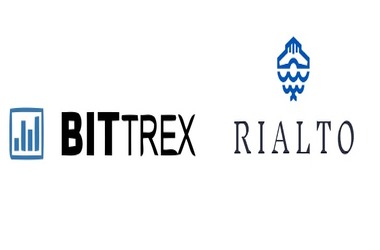 The Monetary Authority of Singapore (MAS) and Singapore Exchange (SGX) are joining hands with Anquan, Deloitte and Nasdaq to build Delivery versus Payment (DvP) ability for settlement of digitized assets across multiple blockchain platforms.
The Monetary Authority of Singapore (MAS) and Singapore Exchange (SGX) are joining hands with Anquan, Deloitte and Nasdaq to build Delivery versus Payment (DvP) ability for settlement of digitized assets across multiple blockchain platforms.
DvP is one of the popular settlement procedures in which securities and payments are concurrently exchanged to make sure that the securities are handed over only if the requisite payment is made. Digitized or tokenized assets are the ones whose ownership rights are converted into digital tokens that can be purchased and sold.
By developing DvP abilities for tokenized digital currencies and other securities assets, operational efficiency could be improved, while reducing settlement risks for financial institutions and corporate investors. The DVP capability allows institutions to carry out simultaneous exchange and final settlement for such assets, SGX and MAS explained in their joint statement.
Technology partners Anquan, Nasdaq and Deloitte will make use of open-source software built and released for public use in Phase 2 of Project Ubin, an industry wide collaboration that began in November 2016 to study the use of Distributed Ledger Technology (DLT) for clearing and settlement of payments and securities.
Upon completion of the project, a report is slated to be published in November 2018, which will detail the viability of automating DVP settlement processes through the use of smart contracts and establish major design considerations to ensure robust operations and improved protection for investors.
Tinku Gupta head of technology at SGX and project chair said
“This initiative will deploy blockchain technology to efficiently link up funds transfer and securities transfer, eliminating both buyers’ and sellers’ risk in the DvP process. This is a collaborative innovation bringing together multiple players to pursue real-world opportunities that will benefit the ecosystem.”
MAS chief fintech officer Sopnendu Mohanty added “Blockchain technology is radically transforming how financial transactions are performed today, and the ability to transact seamlessly across blockchains will open up a world of new business opportunities. The involvement of three prominent technology partners highlights the commercial interest in making this a reality.”








